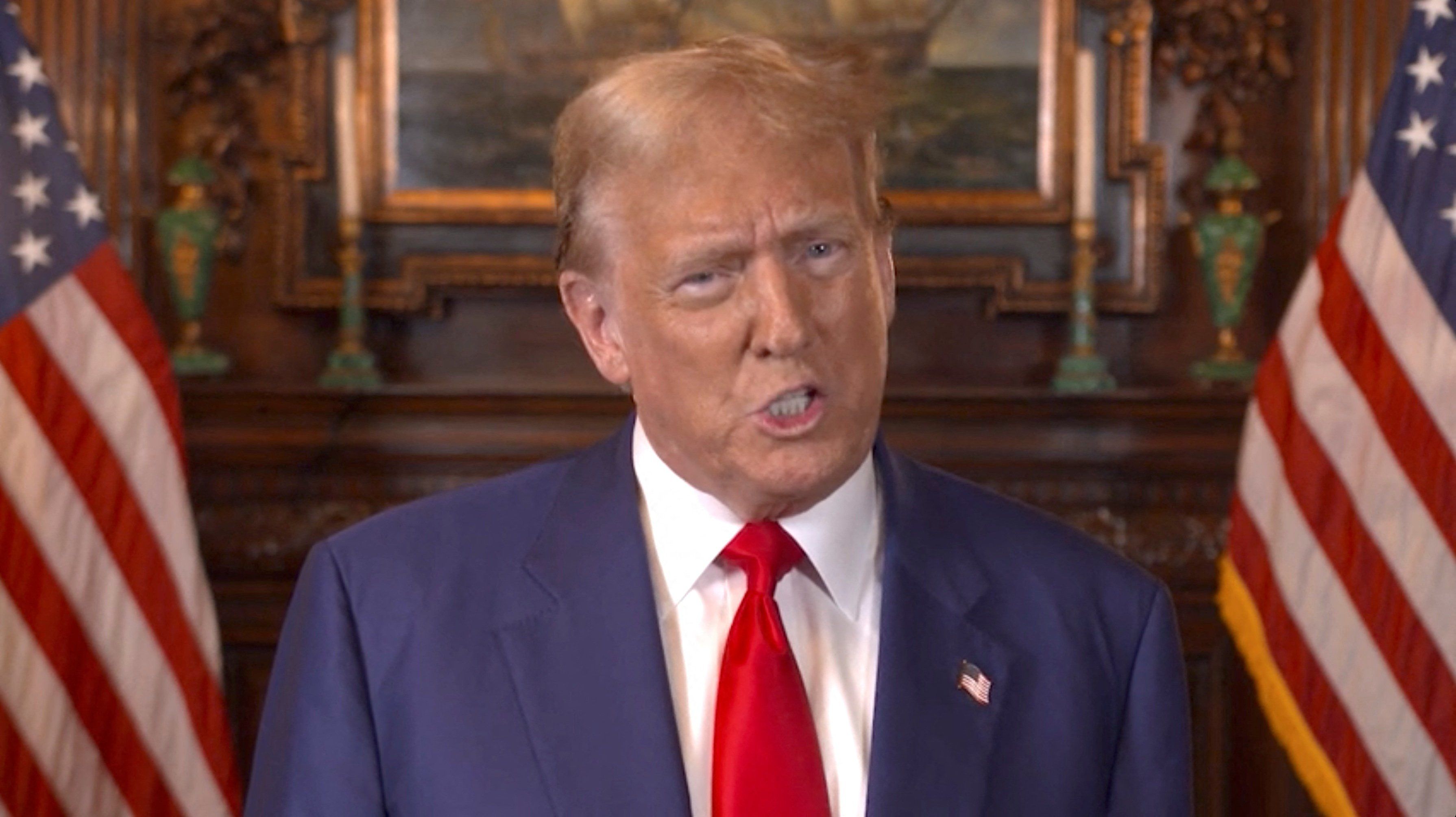Trump’s status-quo position is unlikely to appease the pro-lifers in his party who want national restrictions. But the former president is betting that his appointment of the three justices who overturned the constitutional right to an abortion is enough to keep them on his side.
Reactions from pro-life groups have been mixed. The president of Susan B. Anthony Pro-Life America, Marjorie Dannenfelser, said the organization was “deeply disappointed.” Students for Life of Action, meanwhile, made it clear they’re sticking by Trump but hoping he pursues a more restrictive approach to abortion in the future.
Trump’s move is unlikely to quell the Democratic Party’s advantage from high turnout in states where abortion is on the ballot. The left’s strategy is to amplify stories of women who have been harmed by Republican abortion policies, with the Biden campaign releasing an emotional video testimony hours after Trump’s announcement dropped.
President Joe Biden, meanwhile, accused Trump of sowing “cruelty” and “chaos” around the abortion debate because of his role in the Dobbs decision.
Abortion referendums will be on the ballot in at least a few swing states – Florida is confirmed, and Arizona and Nevada are likely – creating a massive weakness for Republicans that Trump’s call for abortion to be left to the states will do nothing to mitigate.